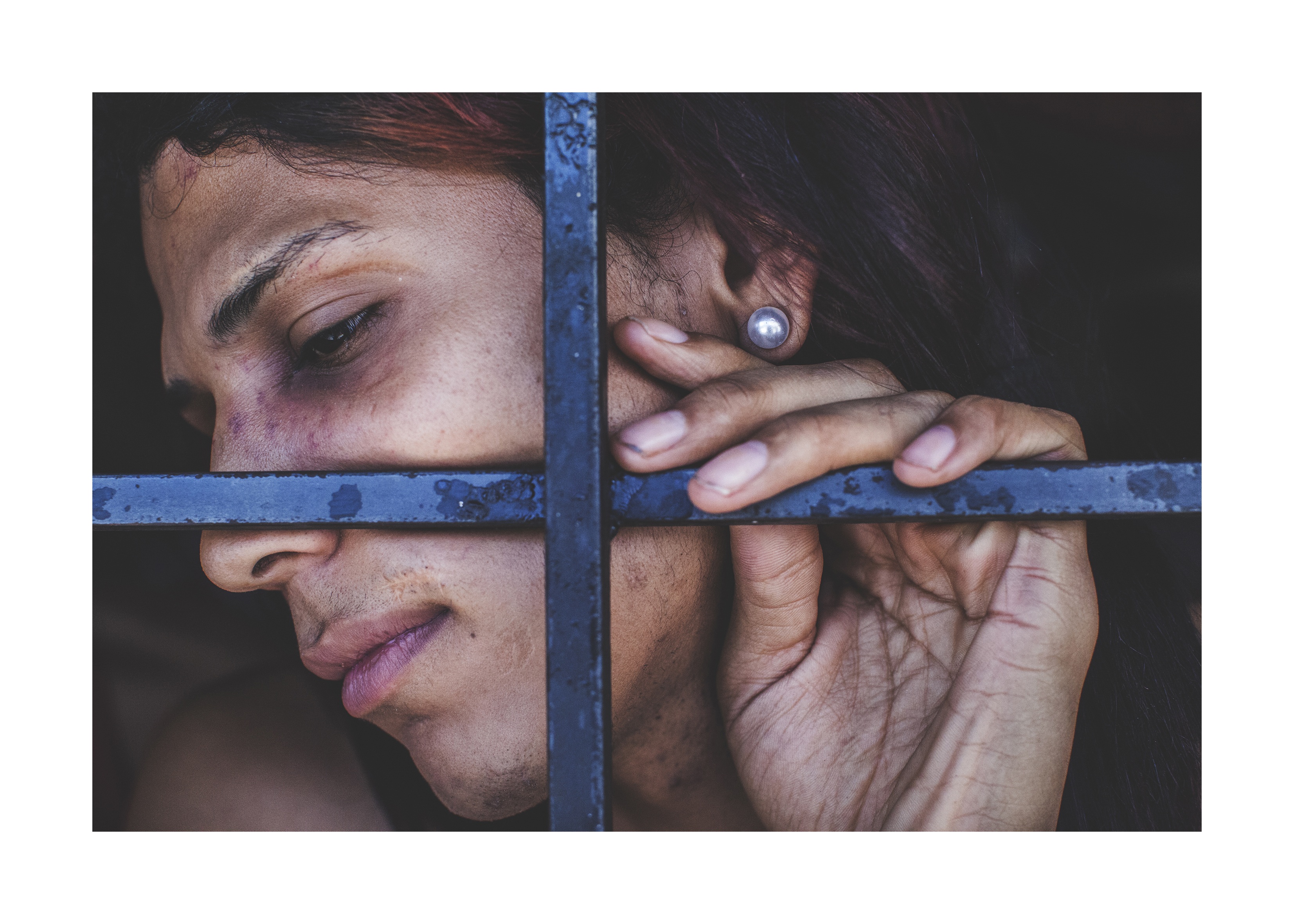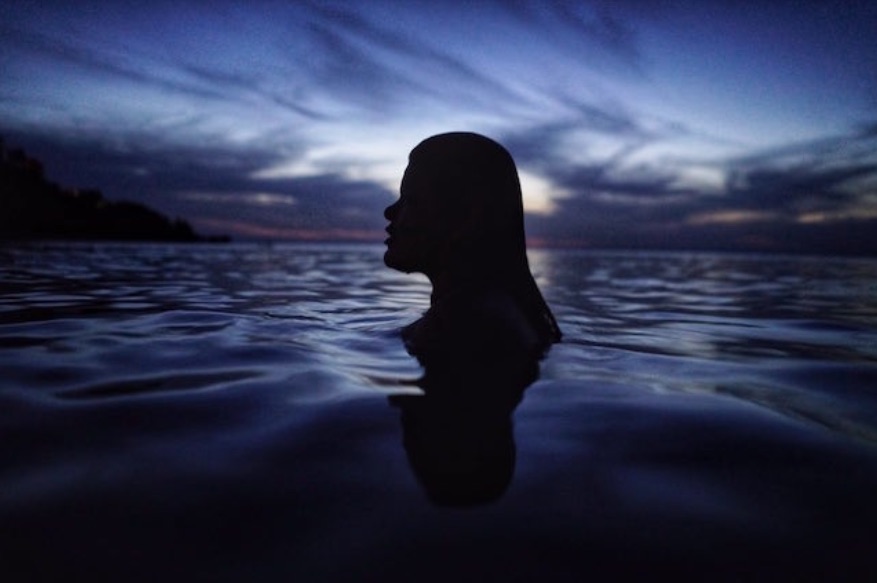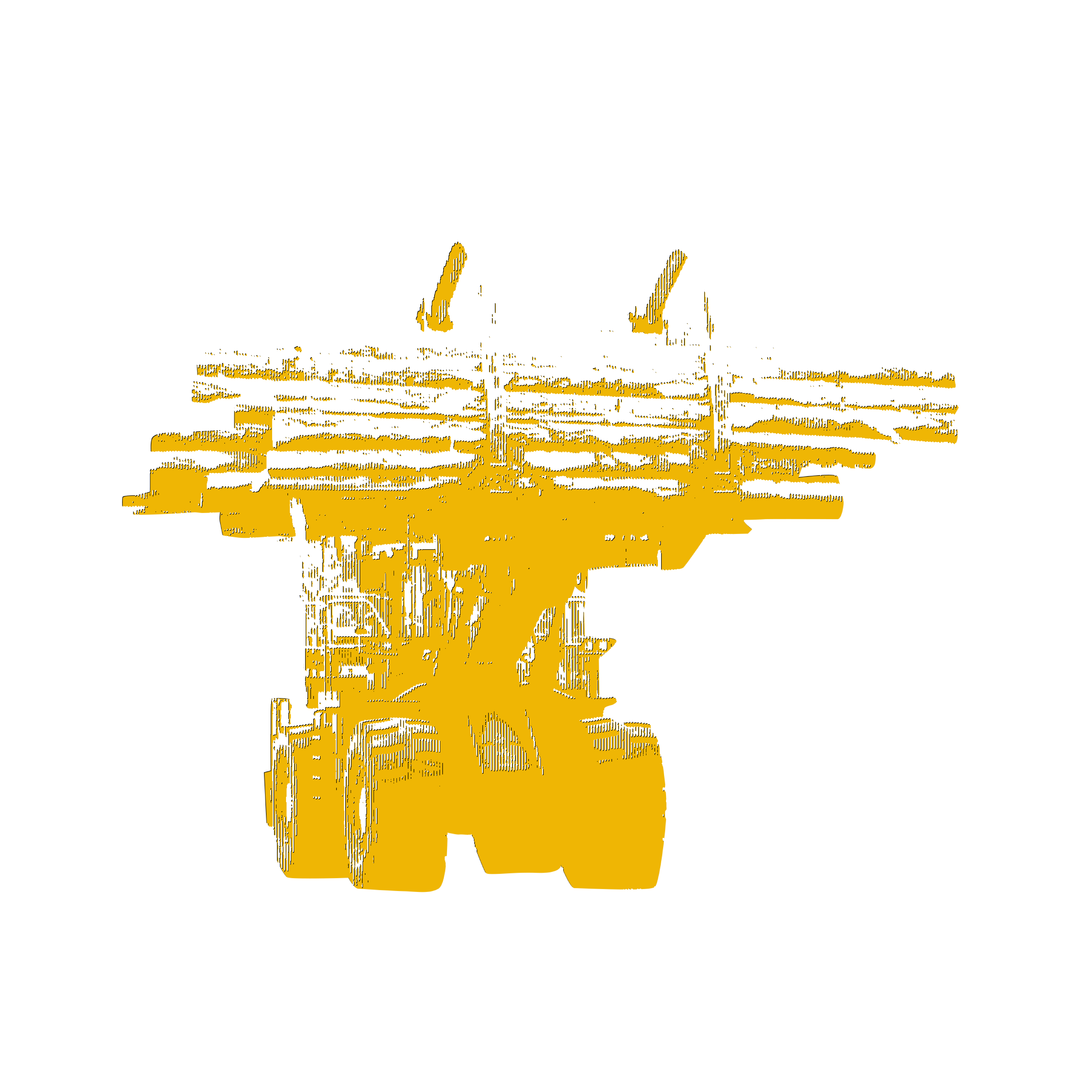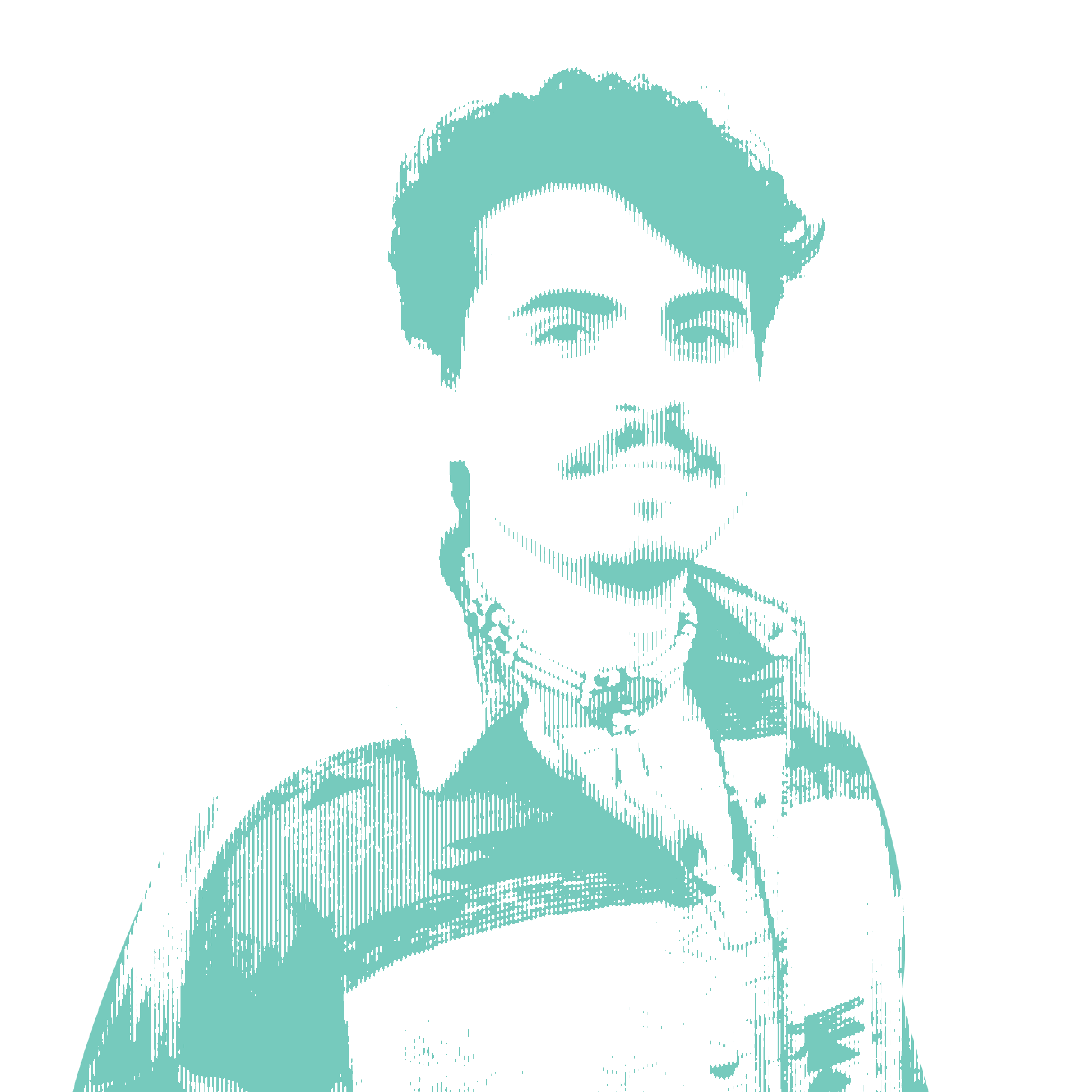
Pablo Albarenga and Ana Maria Arévalo Gosen will exhibit their Pulitzer Center-supported work at Photoville in New York City, from September 17 to November 29, 2020, in the Brooklyn Bridge Park. In addition to the free public exhibitions, the grantees will discuss their work in an online conversation with Pulitzer Center Executive Editor Marina Walker Guevara on September 19, 2020.
More about Albarenga's exhibition, Seeds of Resistance:
In 2018, the first year of this photographic project, a report established that in the previous year, at least 201 land and environmental defenders worldwide lost their lives while protecting their communities and regions from the ravages of mining, agribusiness, logging and other environmentally devastating industries.
According to the human rights and environmental organization Global Witness, the majority of deaths were in Latin America. A total of 57 defenders perished in Brazil alone, and 80 percent of them were killed while defending a part of the Amazon rainforest. Despite this alarming situation, traditional communities of Latin America continue to protect their territories against development projects that exploit regions' natural resources without consideration for their history or culture.
Traditional populations bound to the sacred land, where generations of their ancestors lived and are buried, refuse to abandon it, even after it has been largely destroyed. This photo essay seeks to illuminate the powerful connection between land defenders and the territories they fiercely champion.
More about Arévalo's exhibition, Días Eternos:
In Venezuela the criminal justice system does not work equally for everybody. It takes away the rights of the poorest and most vulnerable members of society. Thousands of women, most awaiting trial and presumed innocent, are expected to be held for 45 days. But Venezuela's crisis has rendered this notion a memory.
Pre-trial detention is particularly brutal. Jails are dark, hot, overcrowded, and claustrophobic. Prisoners have no food, water, or medical attention. Some suffer from psychological disorders, and many are affected by heavy drug addiction. There is no capacity to separate women from men (let alone transgender people or minors), nor is there an allowance for the separation of low-level offenders from hardened criminals.
The causes for imprisonment are not limited to robbery and drugs; they also extend into the political sphere. The law against hate, which was passed in January 2018, forbids any protest against the government. As a result, numerous women are now behind bars.
How many more people will be impacted by this law? And what do the conditions of their imprisonment tell us about the state of Venezuelan society?
If viewing the exhibitions in New York City during the COVID-19 pandemic, Photoville asks that you "maintain a minimum of 6 foot distance between you and other Photoville patrons while viewing the exhibitions, wear a face mask/face covering and do not visit exhibitions if you are having symptoms such as fever, coughing or shortness of breath. Please do not visit exhibitions if you have been in close contact with someone who has or may have COVID-19. Please do not visit exhibitions if you have traveled outside of New York in the last 14 days."

In Venezuela, female imprisonment entails waiting for years—under cramped and deplorable conditions...








